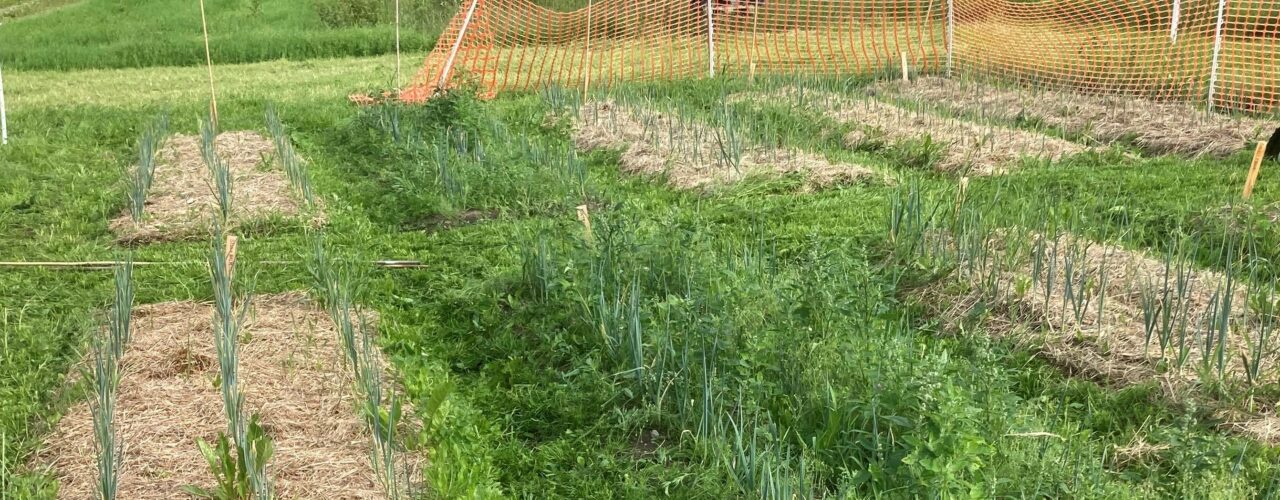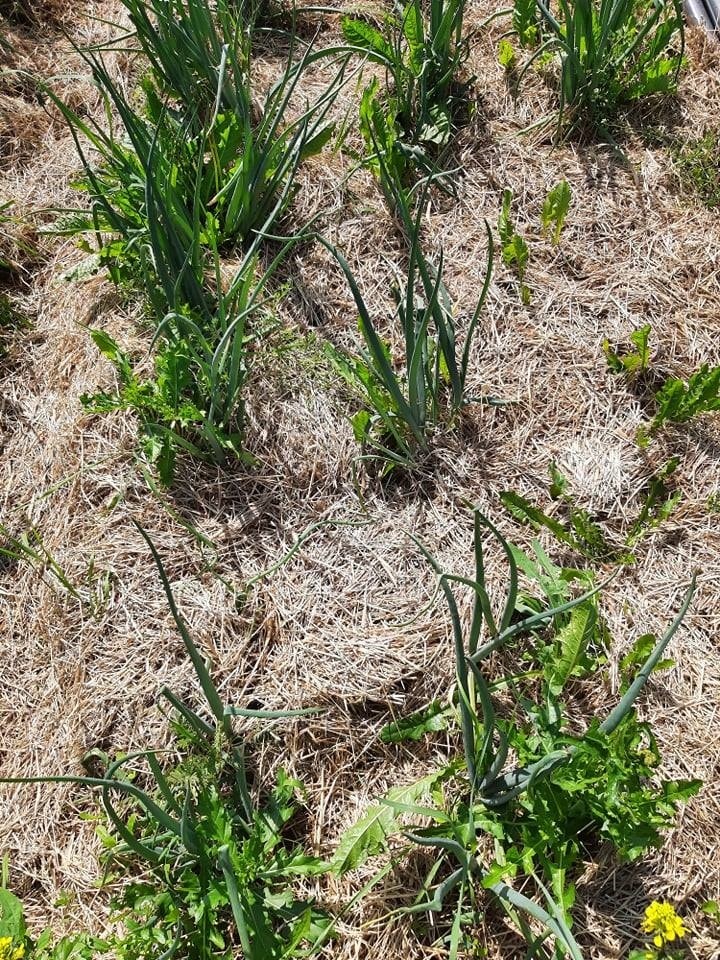
Mulching of organically grown row crops – HAKKET BEDRE ØKO (“Mulch organic”)
The project aims at increasing the production of organically grown vegetables in Norway by studying how a mulch layer of chopped plant material (“plantehakk” in Norwegian) may reduce weeds and improve nutrient supply.

There is an increasing interest for soil health and sustainability in both conventional and organic growing. Consumers want more organic vegetables, and there is a need for producing more organic vegetables in Norway to cover this demand. Vegetable production in a professional scale requires knowledge, skills and specialized equipment. Several growers of organic vegetables are located in the area which is defined as nitrate sensitive in Norway, draining to the Oslo fjord. In this area, the maximum application of nitrogen from animal manure is 170 kg total-N per hectare and year on average for the farm’s cultivated area.
This may be a severe restriction for vegetable crops production. Additionally, animal manure is often scarce in areas with vegetable farms, and commercially available fertilizer products are expensive.
Organic growing tends to increase the weed pressure on the farm and weeding usually implies a significant labour cost. Perennial ley in the crop rotation would benefit weed regulation, nutrient supply, and soil health, but what can be done with the plant material?
A mulch comprised of chopped plant material may reduce weed infestation and weed growth, supply the crop plants with nutrients and promote the soil structure and content of organic matter. The mulch material, and improved soil structure may support the fields to cope with heavy rain with reduced risks of erosion and nutrient loss.
To recruit and maintain organic growers, practical technologies for nutrient supply and weed control are required. The project aims to increase the production of organically grown vegetables in Norway by applying more chopped plant material as mulch in vegetable row crops. This may reduce the workload required for weeding, while the crop plants receive sufficient nutrients to produce satisfactory yield levels.
The project conducts field trials at four sites in 2021 and 2022 (Tingvoll; Apelsvoll/Toten; Stange/&Hedmark and Landvik/Grimstad) and cooperates with organic vegetable producers to test chopped plant material mulch in practical growing. Different types of plant material are tested, along with 2 or 3 application dates, and the effect of covering the mulch by a thin layer of material rich in carbon such as straw or woodchips. Such a top cover may increase the nitrogen utilisation and reduce losses of N.
